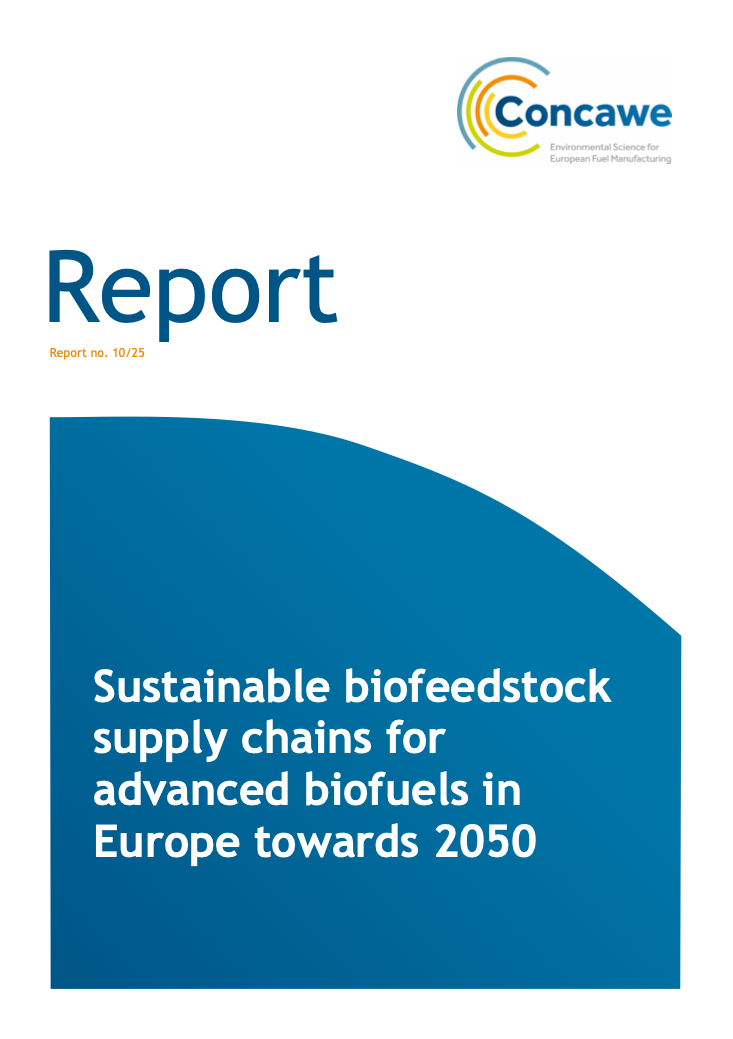Report on market and industrial development intelligence for sustainable advanced biofuels

E4tech
Although advanced biofuels have the potential to result in lower GHG emissions compared with fossil fuels, they are not yet widely deployed. “Many technologies are still at an early stage of development, and support is likely to be important to bring them towards commercialisation and therefore make significant volumes of advanced biofuels available within the EU.” The EU capacity for (advanced) biofuels production is substantial, but it has to be supported by adequate policy.
This is one of the conclusions from a 2018-report by E4Tech, drafted for the Joint Research Center of the European Commission.
This report provides an overview of the development status and commercial deployment of advanced biofuels as well as the incentives and support policies which, at the time, were available to producers of advanced biofuels. It also presents an overview of the market outlook to 2030 and assesses the barriers for the deployment of advanced biofuel and the actions required to overcome these barriers.
The report finds that advanced biofuel plants at demonstration scale and above are only present in regions with some form of support mechanism like China, the USA and the EU. Other countries like Malaysia, Indonesia and Brazil do not have policies supporting advanced biofuels but they are key suppliers to the USA and the EU so they are benefited by the policies stimulating demand in these regions.
The deployment of advanced biofuels in 2030 is largely limited by the technology deployment, willingness of investors to fund new plants, competition, among others. From the technology routes under study, only FAME, HVO and co-processing are deployed commercially. However, the scenarios studied show the technical ability of the industry to scale-up.
For most of the advanced biofuel routes the ramp-up is considered to be limited by the number and timescale of technology development, rather than by the availability of sustainable feedstock.
“At large scale, for most of the technologies, feedstock is the biggest contributor to the overall cost, therefore emphasising the importance of robust supply chains and infrastructure to provide low-cost access to feedstock”.
AD with pre-treatment, BioSNG, and gasification to methanol are the lowest cost advanced biofuel routes, and the only routes of those studied that might be economically viable without subsidy with crude oil prices at $100/bbl.
Some important policy recommendations include:
Mandates create demand for advanced biofuels by attributing them greater value in the market than conventional fuels.
“A mechanism similar to the Californian LCFS could be implemented in parallel to the RED, as is the case in California in parallel to the federal-level RFS. This would ensure that GHG targets are met, which arguably is the main driver for increased renewability in transport.”
When the aim is to scale-up technologies, actions to de-risk the project are necessary, including low cost loans or loan guarantees, capital grants, or tax incentives. “Reducing the time and cost for obtaining certification for new fuel types or blends can also support the supply of novel fuels into the market.”
Recente artikelen
PHB presentatie: Breaking down de prijs van de brandstof aan de pomp

Concawe: Sustainable biofeedstock supply chains for advanced biofuels in Europe towards 2050 | 2025


